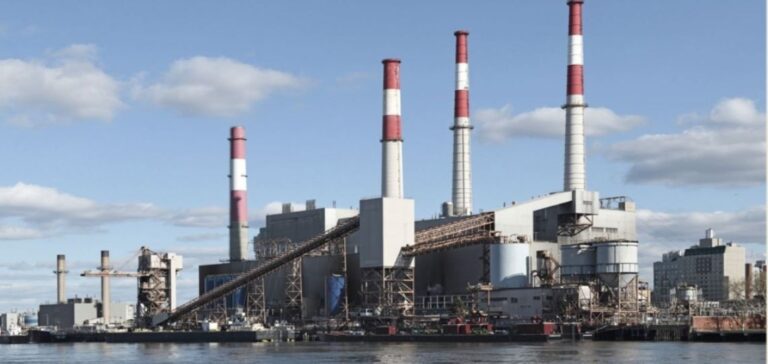An energy partnership is emerging between France and the United States, with mutual obligations to achieve carbon neutrality by 2050.
Barbara Pompili and Jennifer Granholm figures in the energy partnership
The text is the brainchild of Barbara Pompili, French Minister for Ecological Transition, and Jennifer Granholm, US Secretary of Energy. On both sides of the Atlantic, the ambition is to forge a partnership that will enable the ambitious targets set by theParis Agreement to be met. A rapid response and the deployment of low-carbon energies are needed to mitigate the current climate crisis.
Mobilizing research and funding in both countries
Achieving this goal will require intensified research into the development of zero-carbon technologies. A wide variety of financing conditions will also have to be put in place. It’s a way of promoting research and the deployment of clean energy sources.
Working together to decarbonize the electricity sector.
These countries are committed to working together on new green technologies to decarbonize the electricity sector in particular. Their electricity mix will then combine renewable and nuclear energies, which account for a large share of electricity production in these two states.
The development of modular reactors, micro-reactors, storage solutions andhydrogen will be at the heart of this partnership. A way of electrifying the countryside, decarbonizing transport and supporting water-stressed regions.
Revitalizing the energy sector
Their aim is simple: to turn the climate threat into an opportunity to revitalize the energy sector. In fact, this agreement should lead to the creation of clean energy industries and new jobs.
With this partnership, the two countries hope to create an international dynamic in the fight against global warming. This agreement should encourage further discussions on the subject during COP26.






















